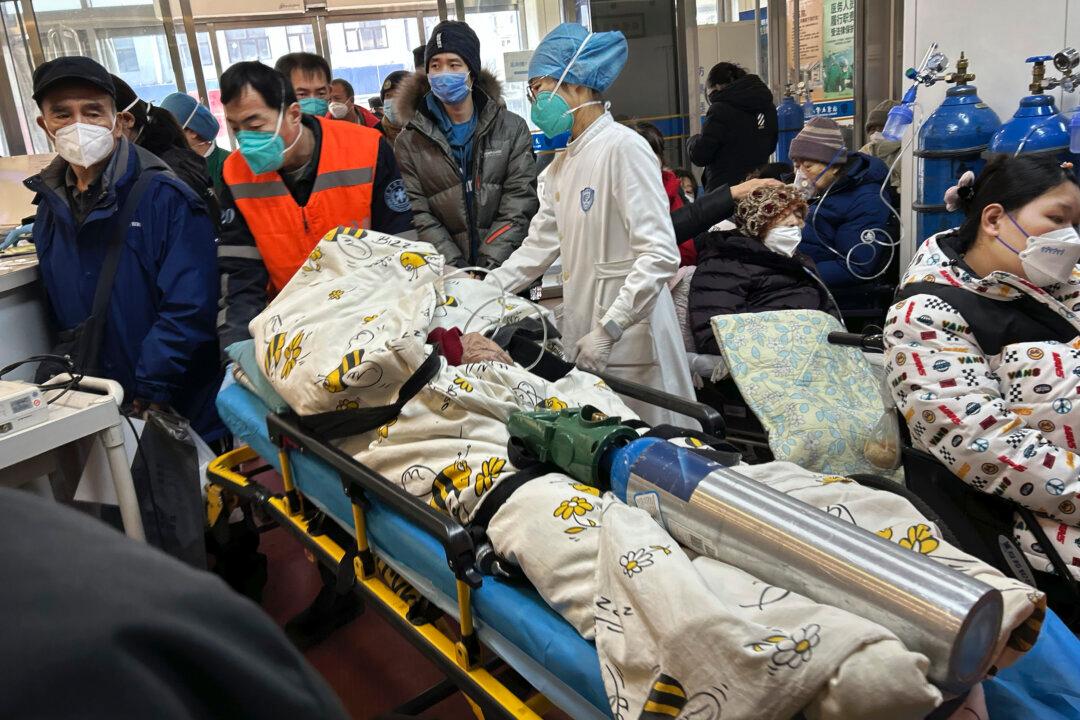Renmin University of China, has released the obituaries of several experts and academics from mid to late December, all of whom were members of the Chinese Communist Party (CCP).
As one of the top Chinese universities in Beijing, Renmin University is known for its strengths in the fields of political science, international relations, law, and economics.






